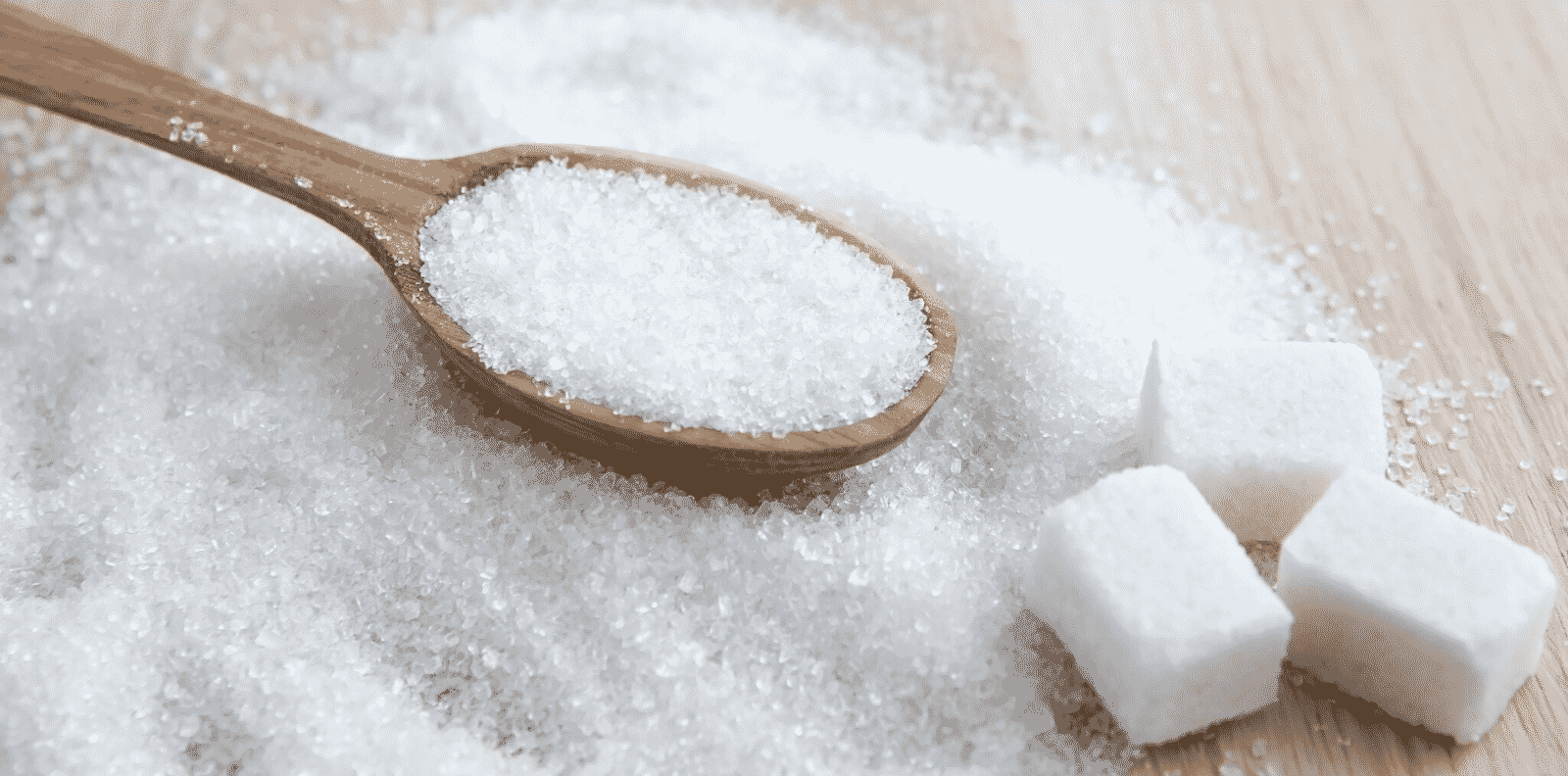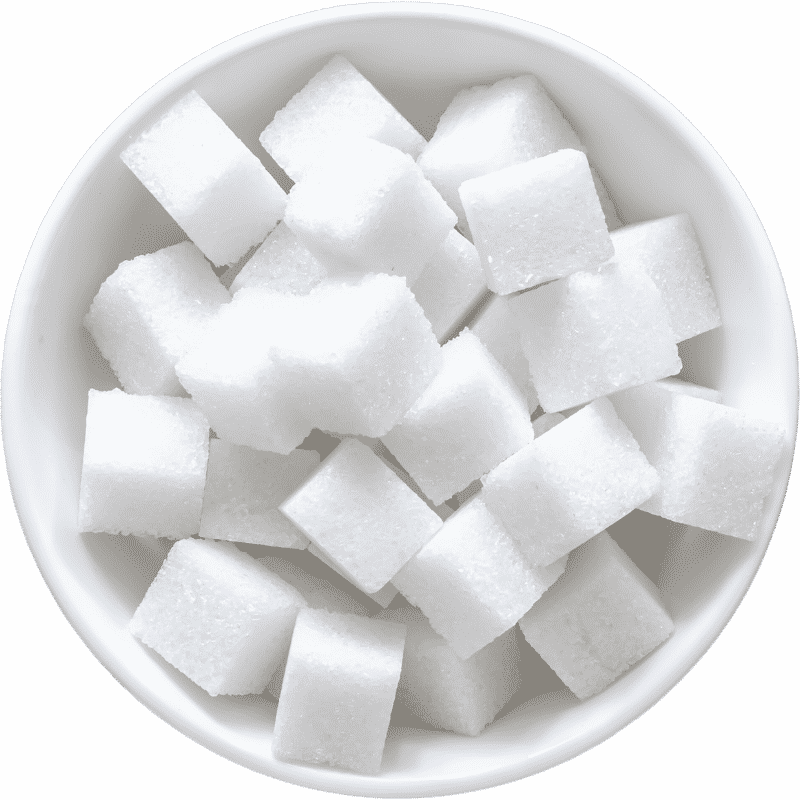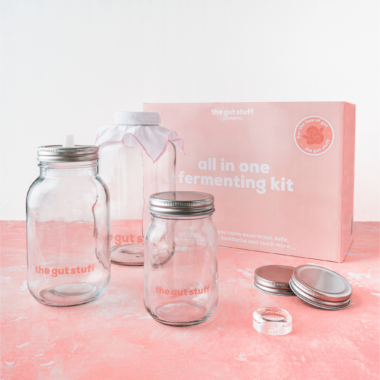
sugar
We explore the relationship between sugar and your gut microbes and why it’s not always the devil it’s made out to be.

our top takeaways
simple swap
Go for a more savoury snack that’s going to nourish you and your microbes instead of something sweet. eg peanut butter and banana on a wholegrain crisp bread
myth bust
All sugar is bad for your gut. False. While we all need to make sure we don’t gorge our self, it isn’t the devil it’s made out to be (for your gut bugs at least).
Sugar is mostly absorbed in your small intestine. The majority of your gut microbes are found in your large intestine. So if you’re eating a moderate amount of sugar, it is unlikely to have an effect on the ecosystem of microbes hangin’ out in your large intestine.
In fact, you need sugar to function and it’s your brain’s choice of fuel. That said, it comes in many different guises from the sugar found in dairy, fruits and vegetables through to “free” sugars found mostly in processed foods likes cakes, biscuits, shop bought sources, flavoured yogurts and in natural foods like honey.
However, moderation is key – if you eat more sugar than your small intestine can handle (around 7 teaspoons!), sugar can be passed down into the large intestine and inhibit some of the beneficial bacteria from doing their jobs and may change the environment to favour the less helpful ones. Now 7 teaspoons seems like a lot but that’s just a can of Coke.
our tip: a varied diet is one that will support your gut health. Be mindful of your intake and watch out for hidden free sugars. fruit and vegetables come packed with our favourite thing, fibre. fibre slows down the rate sugar is absorbed into the blood and also provides fuel for your gut microbes too.
disclaimer: The information on this website is provided as an information resource only and is not to be used or relied on for any diagnostic, treatment or medical purpose. All health issues should be discussed with your GP and/or other qualified medical professional.




